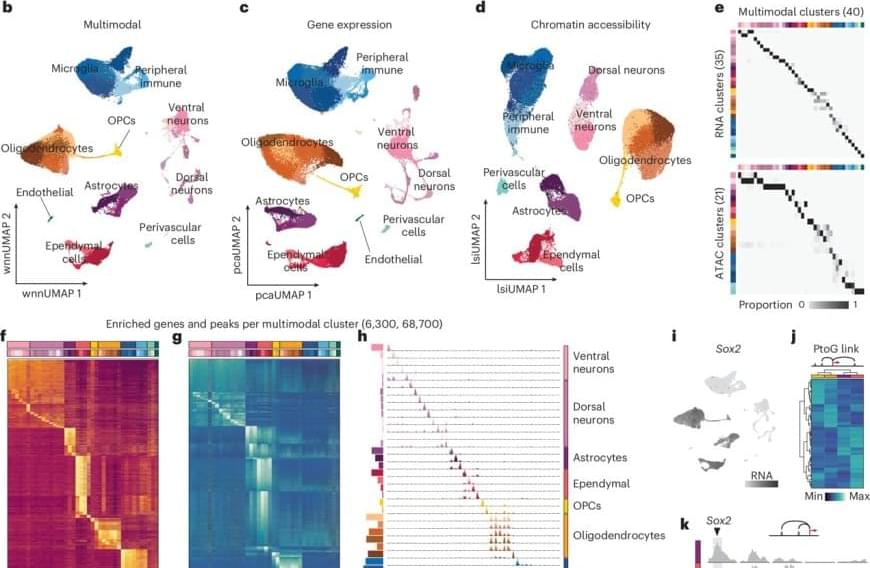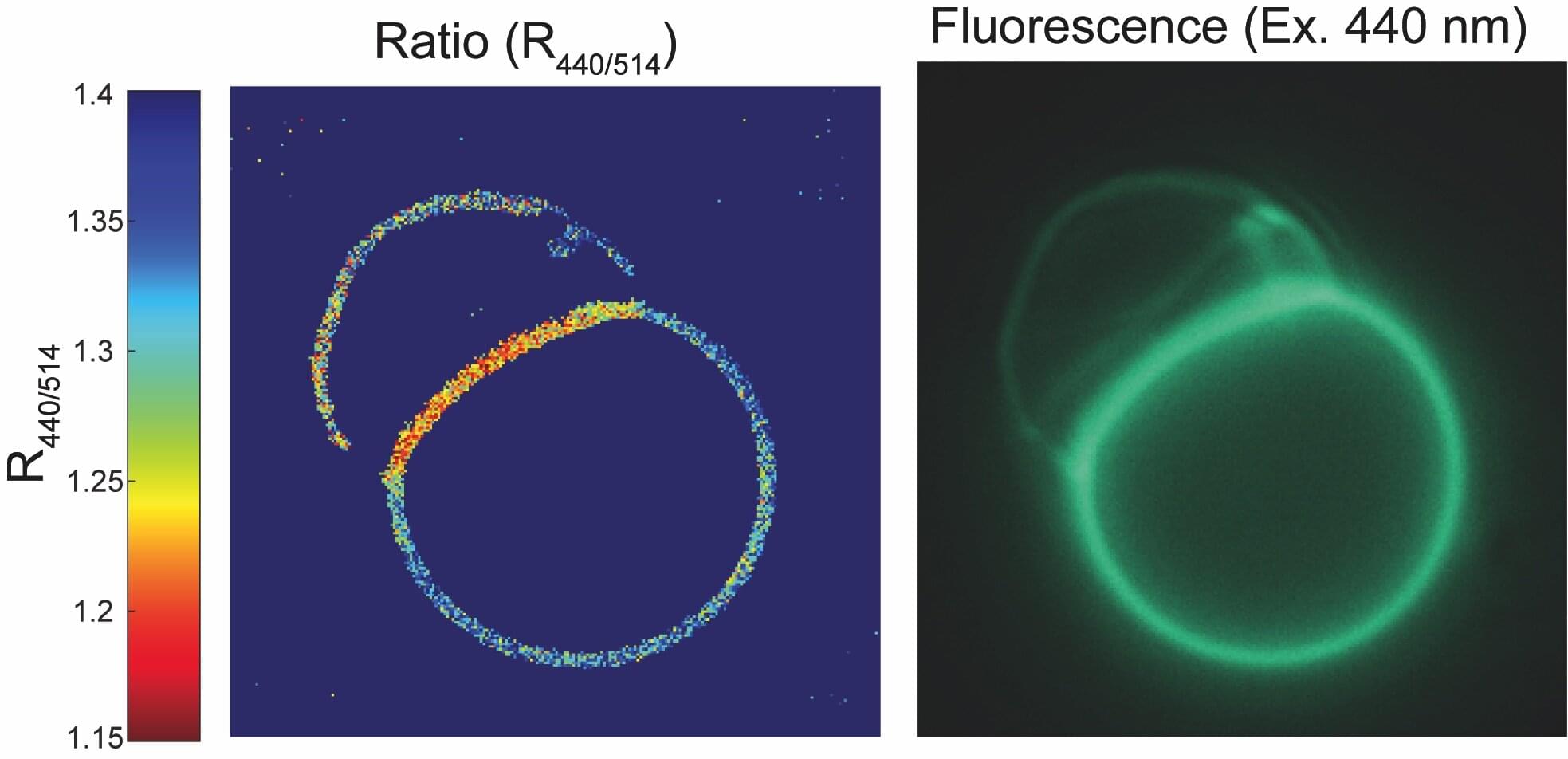Through in vivo enhancer screening, the researchers also demonstrate that injury-responsive enhancers can selectively target reactive astrocytes across the CNS using therapeutically relevant gene delivery vectors.
“We have shown how cells read these instructions through a code that tells them how to react to injury. This code combines signals from general stress factors with the cell’s own identity,” explains the researcher.
After a spinal cord injury, cells in the brain and spinal cord change to cope with stress and repair tissue. A new study published in Nature Neuroscience, shows that this response is controlled by specific DNA sequences. This knowledge could help develop more targeted treatments.
When the central nervous system is damaged – for example, in a spinal cord injury – many cells become reactive. This means they change their function and activate genes that protect and repair tissue. However, how this process is regulated has long been unclear.
Researchers have now mapped thousands of so-called enhancers; small DNA sequences that act like ‘switches’ for genes, turning them on or boosting their activity.




